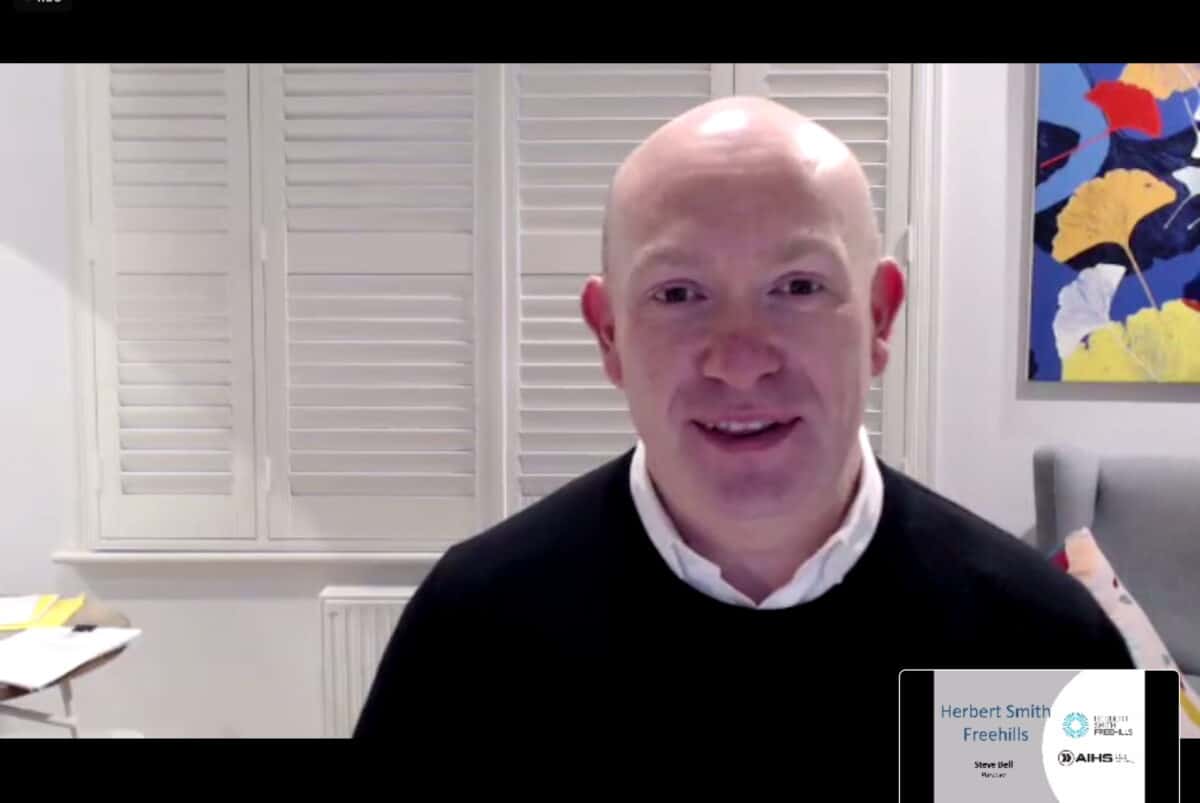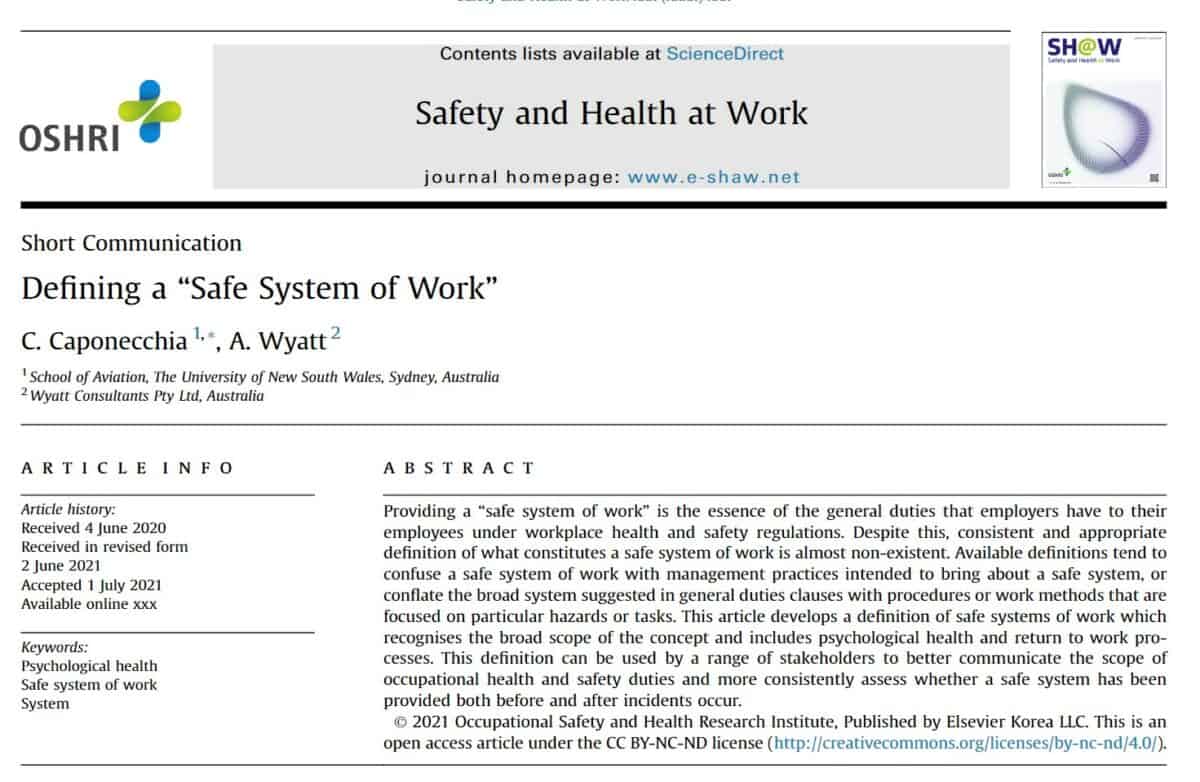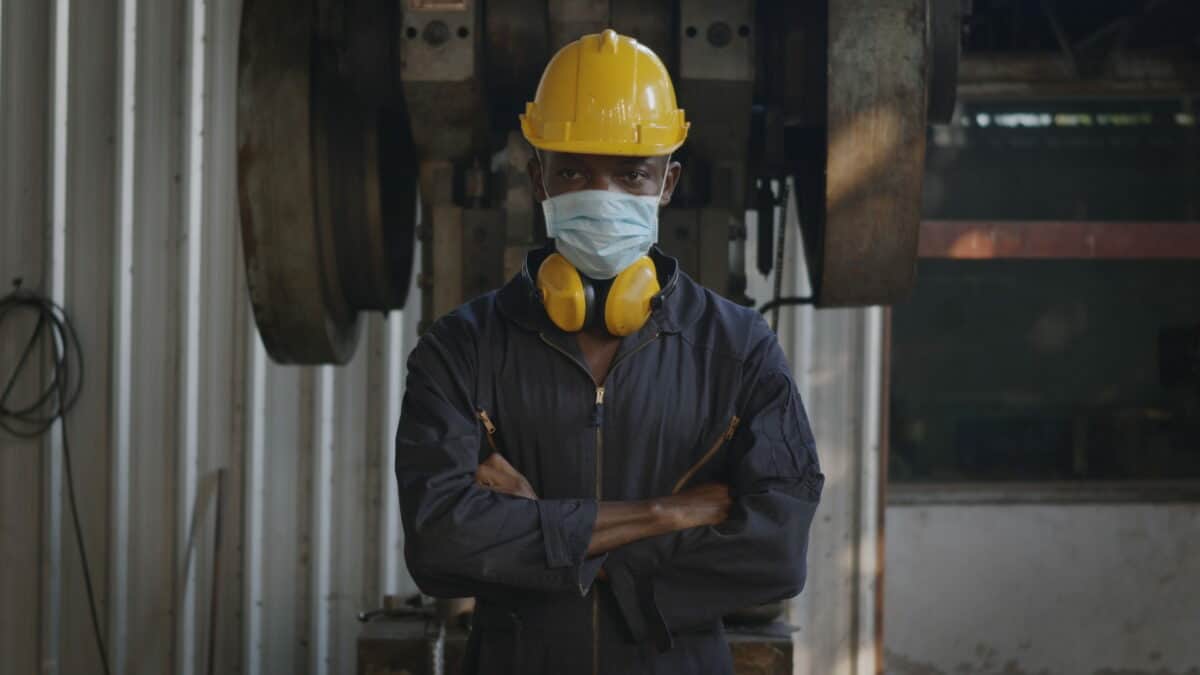Almost every year, for a couple of decades, Herbert Smith Freehills (HSF) and the Australian Institute of Health and Safety (AIHS) have conducted a breakfast seminar to “launch” the year. That schedule has been cocked up by COVID-19, but the events continue.
The August 2021 breakfast featured several of the usual speakers but with the omission of the Minister for Workplace Safety or a senior representative of Worksafe Victoria. As a result, the event dragged a little. Most of the information was useful, but the event lacked the spark it often has. Perhaps this was the online format, perhaps the mix of speakers, perhaps the 90-minute length.





